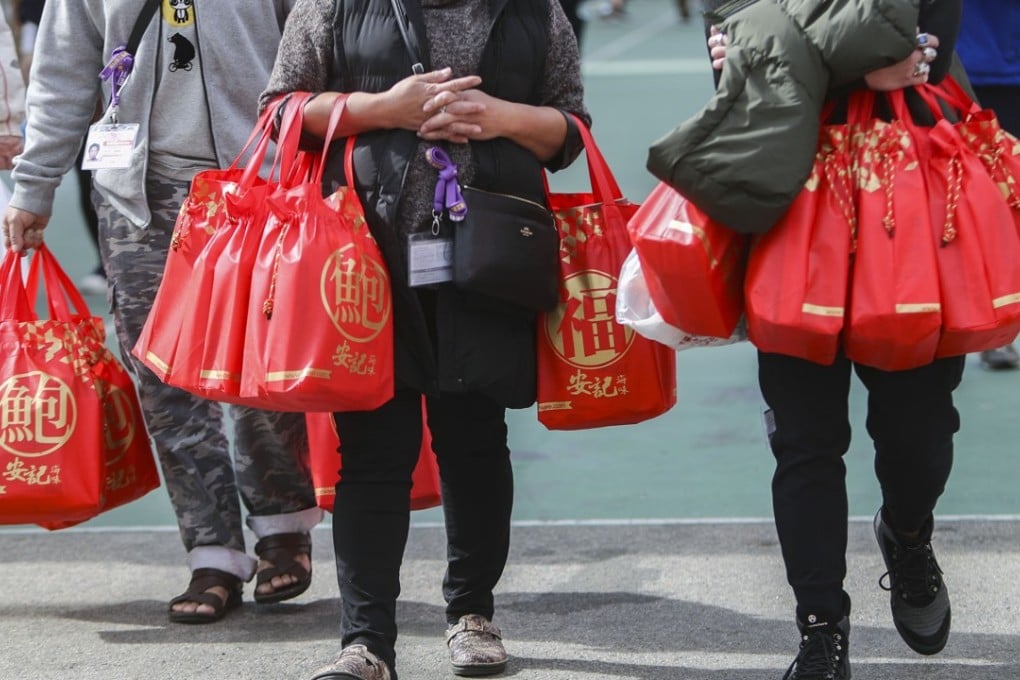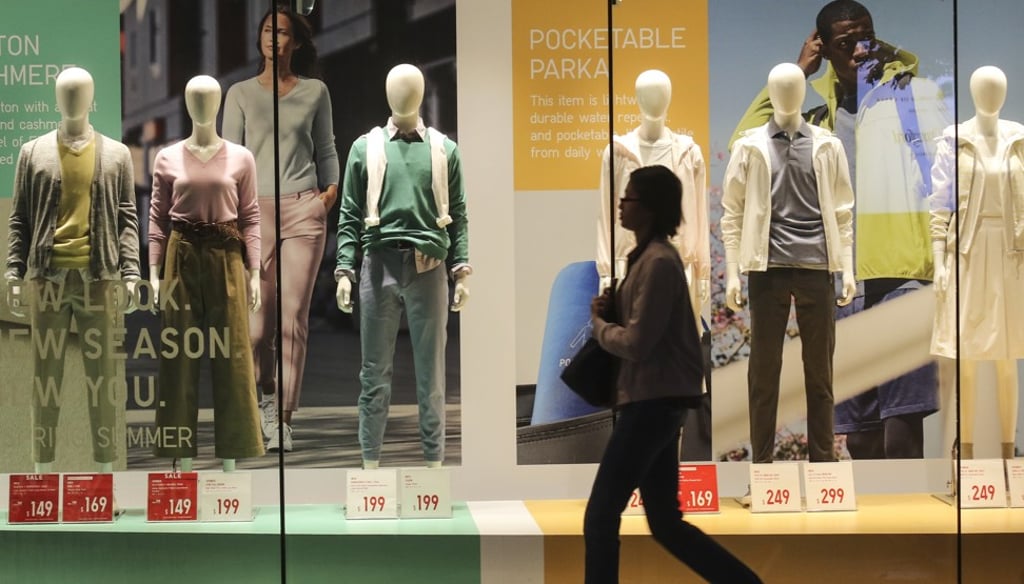Consumer watchdog needs to be more dragon than paper tiger, say Hong Kong legislators
Legislators call for action as consumer watchdog remains toothless in face of unscrupulous business practices

City legislators want to give Hong Kong’s official consumer watchdog powers to prosecute unscrupulous traders operating in a city known as a “shoppers’ paradise”.
Tens of thousands of complaints are filed to the Consumer Council every year, covering everything from shampoo to the purchase of flats.
However, the body, which was set up more than 40 years ago, only operates in an advisory capacity and has no legal authority to actually prosecute anyone. The most it can do is mediate complaints, and name and shame businesses in the hope it will force people to change their ways.
“Consumer protection measures have improved in Hong Kong in recent years,” says Andrew Wan Siu-kin, who represents the New Territories West constituency. “Yet, we are still lagging behind compared with other countries.”

Meanwhile, Wong Kwok-tung, a lawyer who specialises in consumer protection, also believes that shoppers are being let down by the Customs and Excise Department, who he accused of being “passive” when it came to cracking down on retailers who contravene the Trade Descriptions Ordinance.
Fewer than half of the 420 complaints made to the department between 2015 and 2017 resulted in prosecution, and only 174 of those were successful.